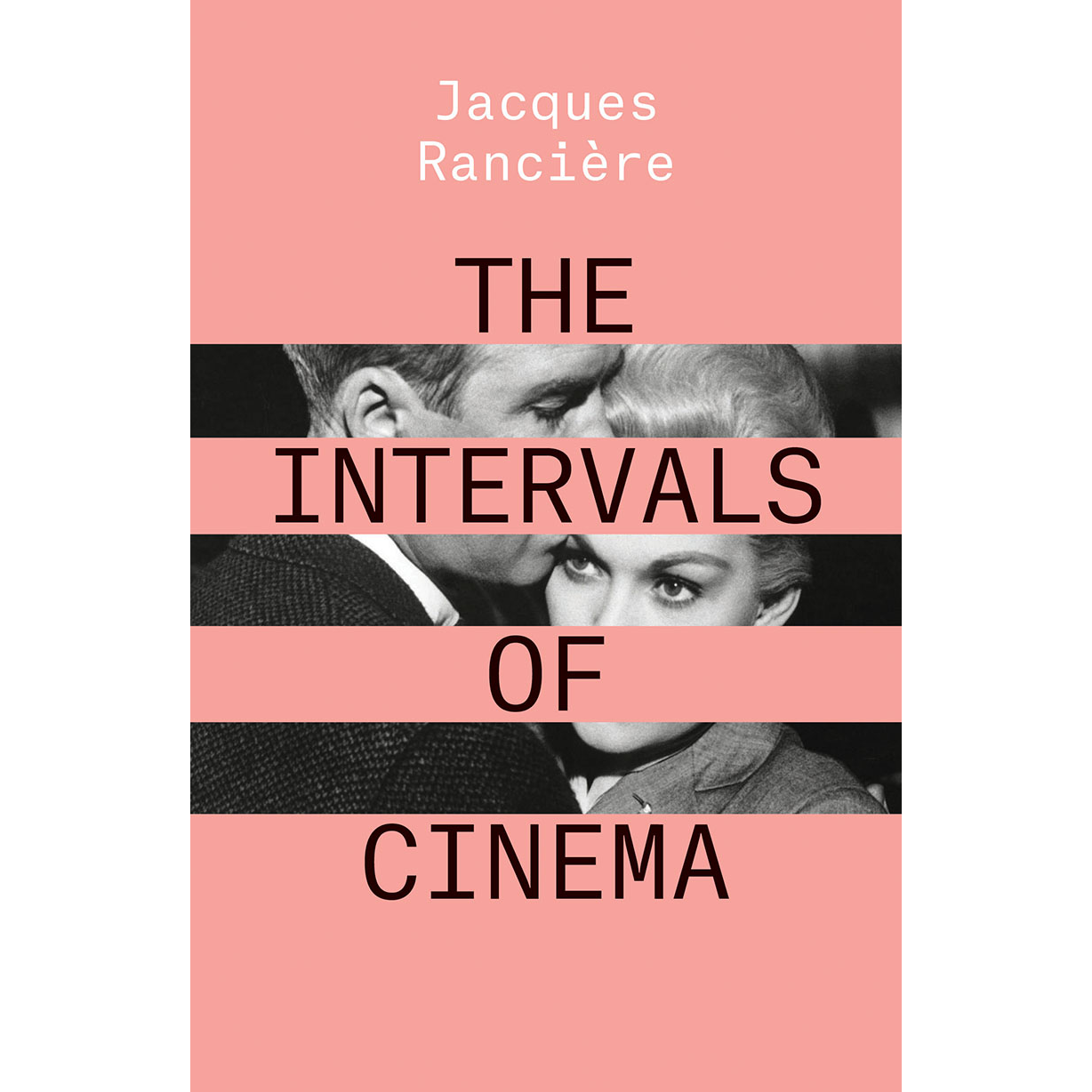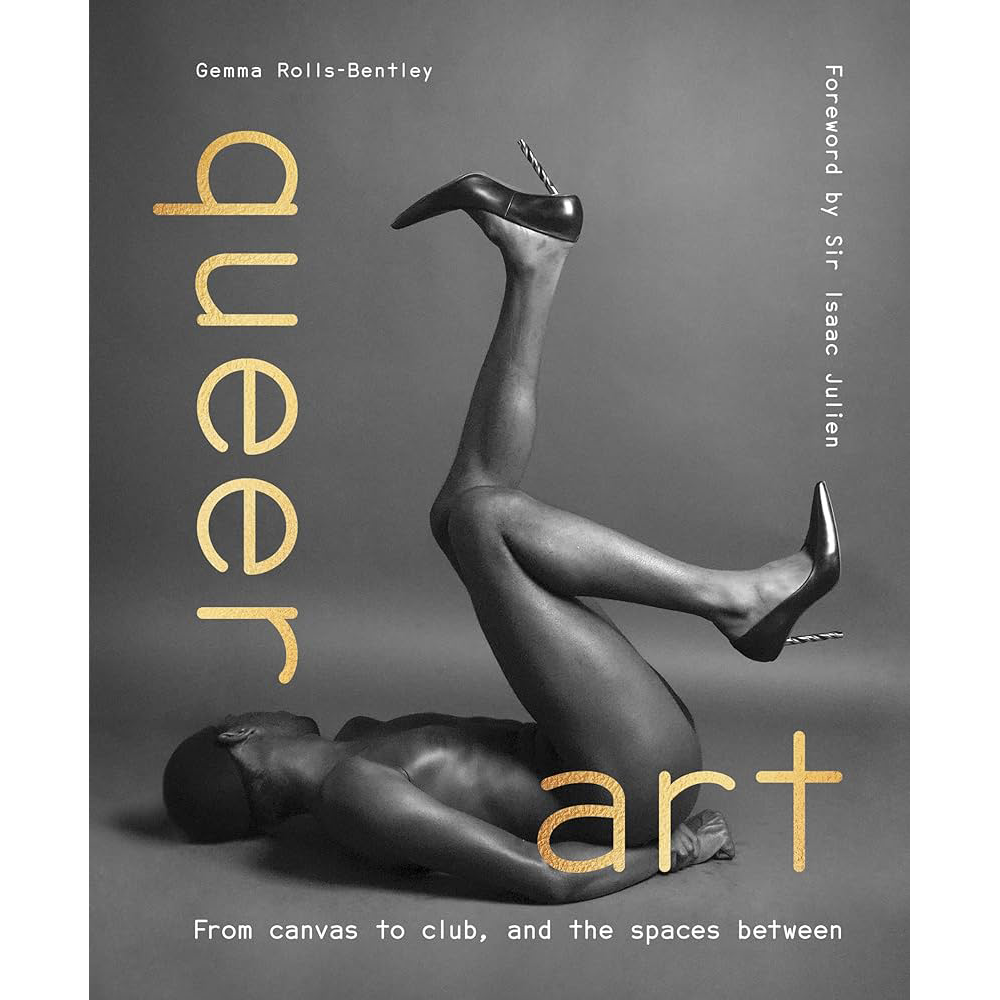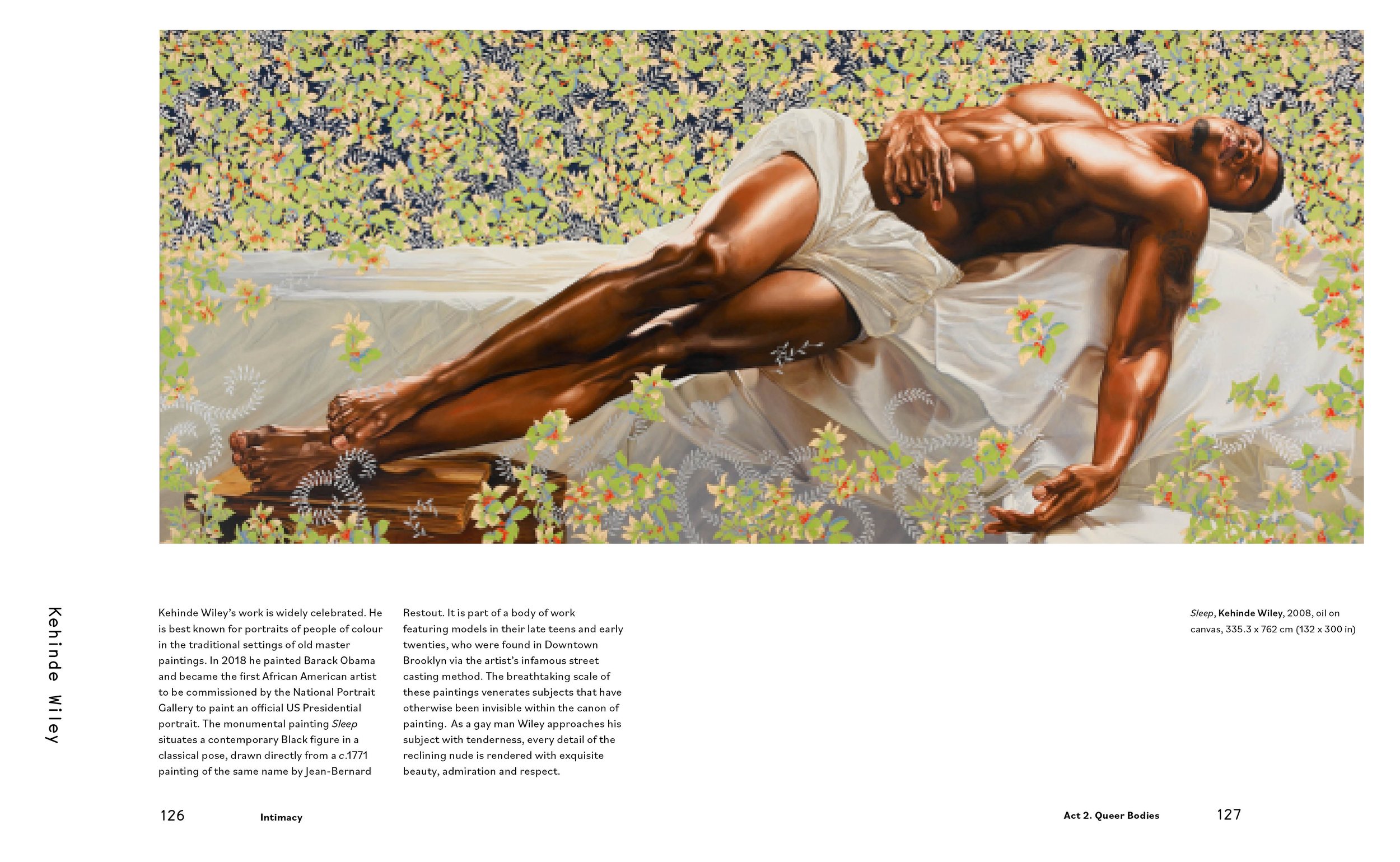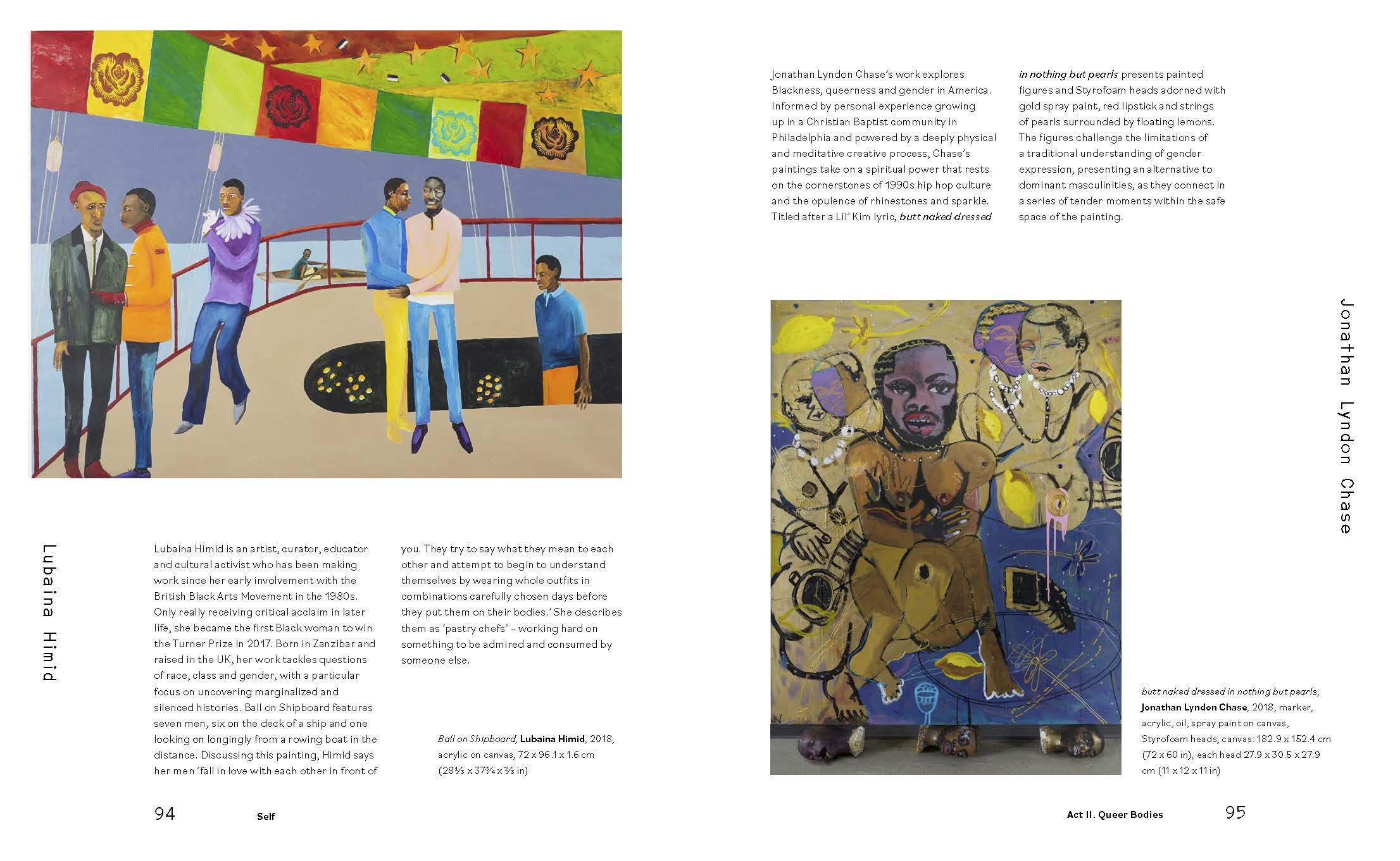The Intervals of Cinema
The Intervals of Cinema | By Jacques Rancière
An essential analysis of cinema from one of the great figures of French philosophy
The cinema, like language, can be said to exist as a system of differences. In his latest book the acclaimed philosopher Jacques Rancière relates cinema to literature and theatre. With literature, he argues, cinema takes its narrative conventions, while at the same time effacing its images and its philosophy; and it rejects theatre, while also fulfilling theatre’s dream. Built on these contradictions, the cinema is the real, material space in which one feels moved by the spectacle of shadows. Thus for Rancière, the cinema is the always disappointed dream of a language of images.
The Intervals of Cinema | By Jacques Rancière
An essential analysis of cinema from one of the great figures of French philosophy
The cinema, like language, can be said to exist as a system of differences. In his latest book the acclaimed philosopher Jacques Rancière relates cinema to literature and theatre. With literature, he argues, cinema takes its narrative conventions, while at the same time effacing its images and its philosophy; and it rejects theatre, while also fulfilling theatre’s dream. Built on these contradictions, the cinema is the real, material space in which one feels moved by the spectacle of shadows. Thus for Rancière, the cinema is the always disappointed dream of a language of images.
The Intervals of Cinema | By Jacques Rancière
An essential analysis of cinema from one of the great figures of French philosophy
The cinema, like language, can be said to exist as a system of differences. In his latest book the acclaimed philosopher Jacques Rancière relates cinema to literature and theatre. With literature, he argues, cinema takes its narrative conventions, while at the same time effacing its images and its philosophy; and it rejects theatre, while also fulfilling theatre’s dream. Built on these contradictions, the cinema is the real, material space in which one feels moved by the spectacle of shadows. Thus for Rancière, the cinema is the always disappointed dream of a language of images.








